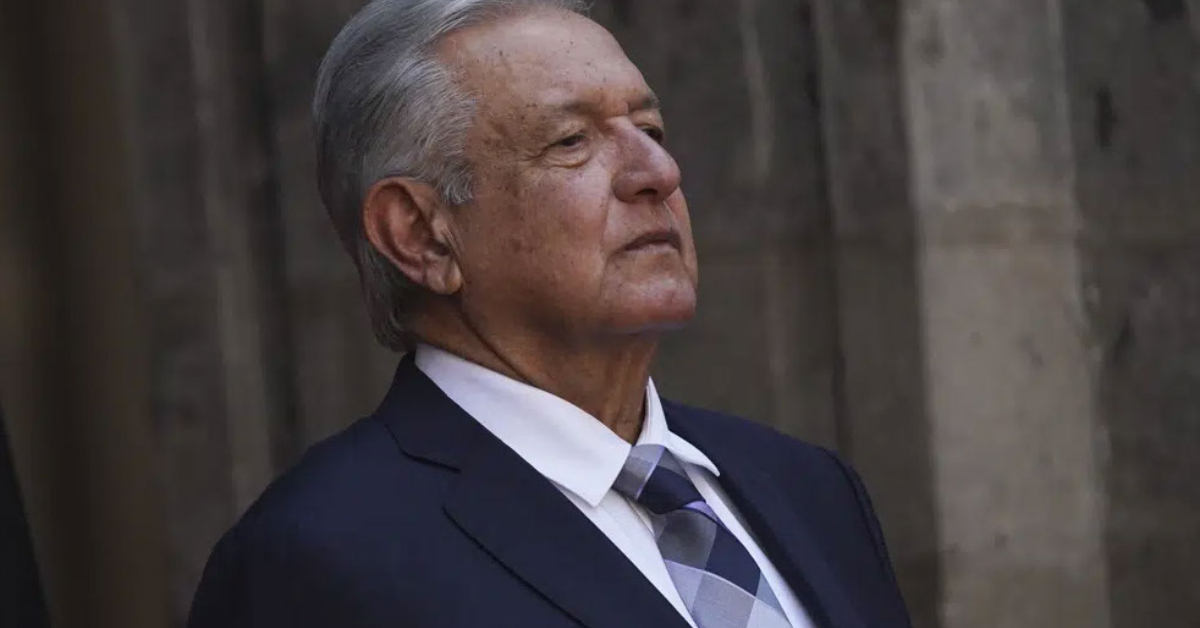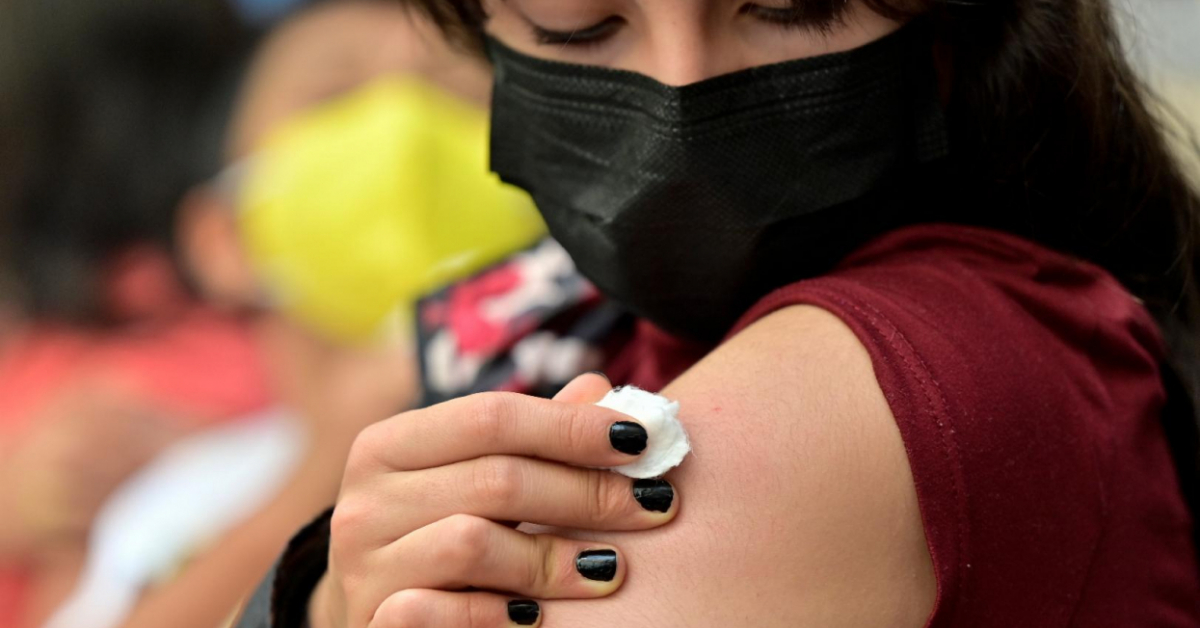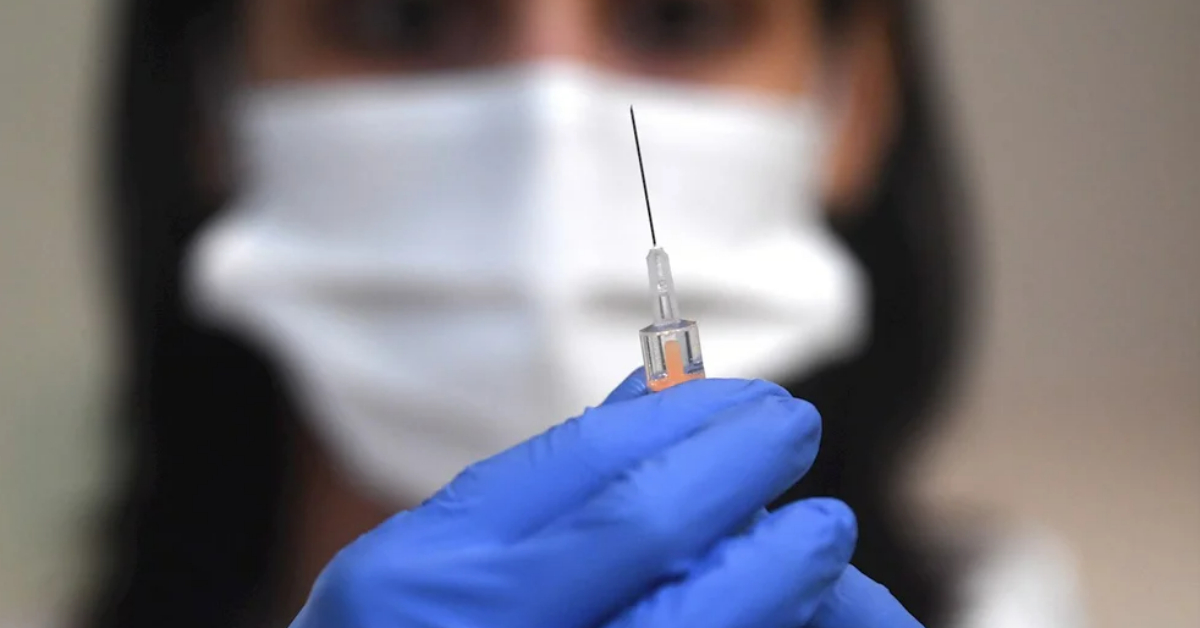The countries that top the rankings of COVID-19 deaths globally are not the poorest, the richest or even the most densely populated. But they do have one thing in common: They are led by populist, mold-breaking leaders.
Populism in politics means pushing policies that are popular with “the people,” not the elites and the experts. The United States’ Donald Trump, Britain’s Boris Johnson and Brazil’s Jair Bolsonaro, as well as India’s Narendra Modi and Mexico’s Andrés Manuel López Obrador, have surged to power in democratic countries, challenging the old . . .






